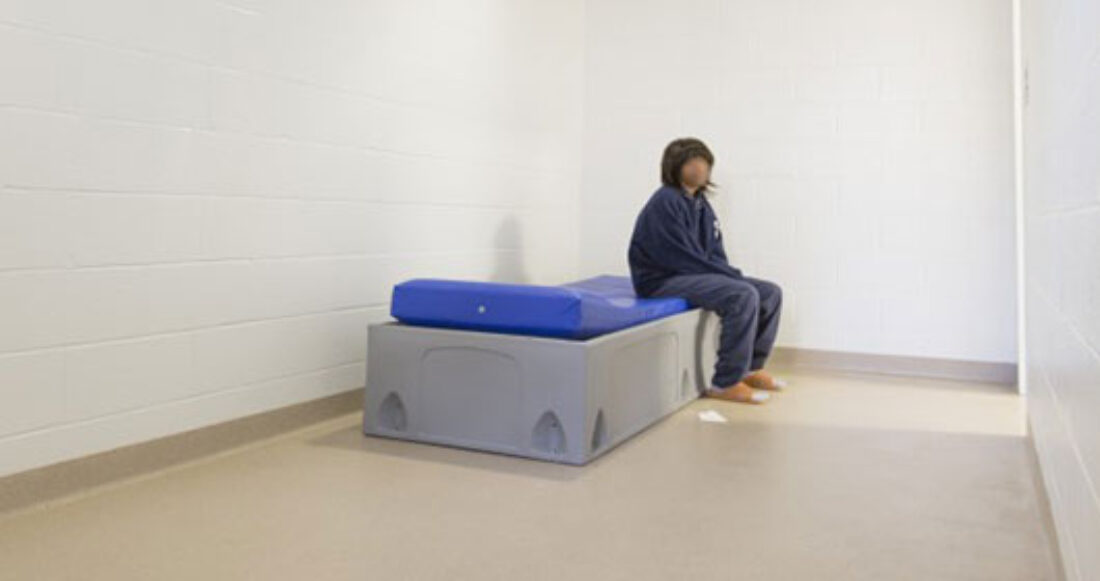Abuses Show Danger and Ineffectiveness of Residential Confinement for Youth

Richard Ross for Juvenile in Justice
New revelations of abusive treatment of youth have surfaced in residential facilities in Florida, Iowa and Kentucky, providing further evidence that our residential confinement model for young people isn’t working and must be rethought.
While the circumstances differed, all three stories show a worrisome disregard for the well-being of young people confined due to delinquency and behavioral difficulties. As the Foundation documented in our report, Maltreatment of Youth in U.S. Juvenile Corrections Facilities, juvenile institutions are inherently susceptible to abuse. More importantly, as we documented in No Place for Kids, heavy reliance on correctional confinement is not only dangerous, it’s ineffective at rehabilitating kids and improving public safety. What works better are alternatives to confinement that hold kids accountable and provide them with the guidance, education and support network they need to become successful adults.
- In Florida, the Treasure Coast Palm newspapers printed the latest in a series of alarming stories about the Martin Girls Academy, a privately operated 30-bed maximum security facility. The story noted that police have been called to the facility on 53 occasions since May 2015 to deal with assaults, suicide attempts, disorderly conduct and other incidents. The story cited an inspector general report finding that an employee used excessive force in tackling a detainee during a May 2015 “mini-riot,” and the facility’s director improperly turned away police after a detainee dialed 911 after being assaulted by other residents.
- In Iowa, a flurry of media stories detailed abuses in a privately operated facility, Midwest Academy, where behaviorally troubled youth were locked in isolation cells and forced to sit or stand in specific postures for hours on end. Police were called to the facility 80 times in the past three years, the Des Moines Register reported, and in 19 cases the Iowa Department of Human Services investigations determined that youth in the facility had been abused. Yet because the facility did not confine youth in the juvenile justice or child welfare systems, Midwest Academy went entirely unregulated. Until it was raided by law enforcement officials in late January, the facility had never been inspected or monitored by any state agency.
- The third alarming story came from Kentucky, where the state’s Commissioner of Juvenile Justice was fired for his role in a botched investigation into the death of 16-year-old Gynnya McMillen in January. McMillen, who had never been arrested previously, was detained following a domestic dispute and was physically restrained for refusing to take off her sweatshirt. Staff did not check on McMillen every 15 minutes, as required, even when McMillen did not respond to offers of food or a phone call from her mother. Even after they finally entered the girl’s cell and found her unconscious, the local CBS News affiliate reported, staff waited 11 minutes before attempting to resuscitate her.
In a recent column, juvenile rights attorney Kim Tandy lamented the excessive use of force and lax supervision in the facility as well as the continuing reliance on detention and confinement for troubled youth.
“Study after study has documented the harms of detention to children, and the value in using more evidence-based and research-informed alternatives,” Tandy wrote. “Locking up youth should be a last alternative and only when public safety is threatened or a court cannot otherwise secure the appearance of a child, and then for no longer than necessary.”






